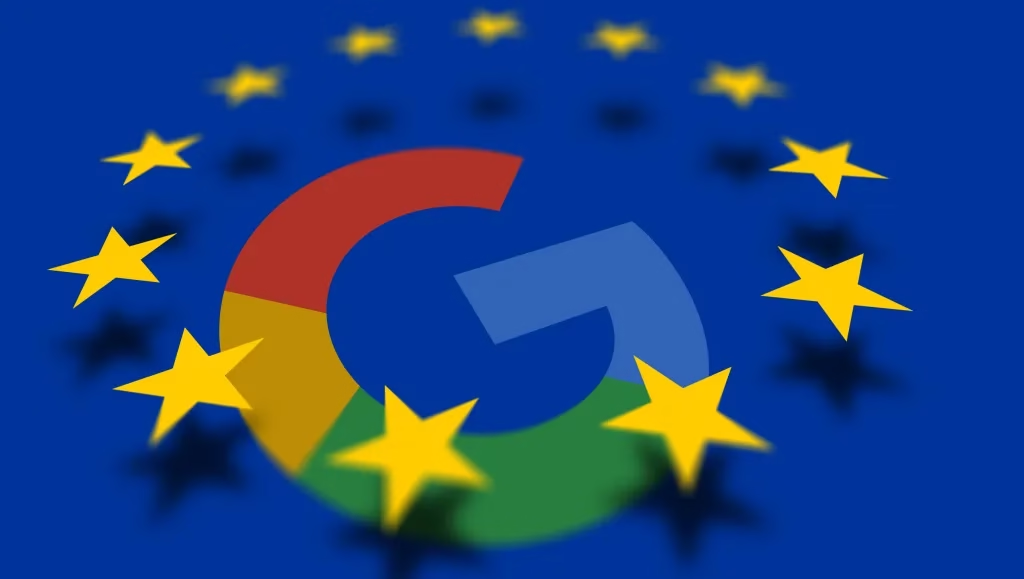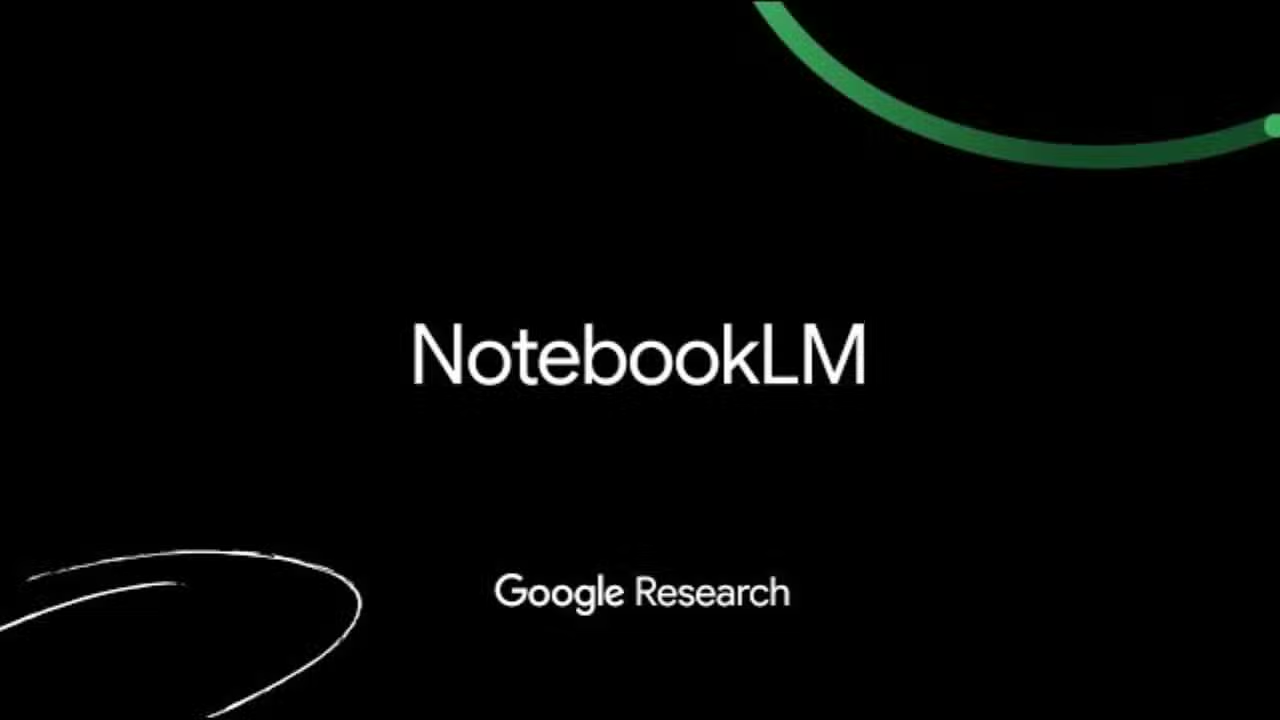Google has submitted a fresh set of proposals to the European Commission aimed at addressing antitrust concerns related to its search engine practices, just days ahead of a crucial July 7–8 workshop in Brussels. The move is seen as a last-ditch effort to avoid another hefty EU fine under the Digital Markets Act (DMA), which could amount to as much as 10% of its global annual revenue.
Background: Antitrust Charges and DMA Scrutiny
In March, the EU charged Google with unfairly favoring its own services—including Google Shopping, Google Flights, and Google Hotels—over those of rival companies in its search results.
The charges fall under the Digital Markets Act, a sweeping EU regulation designed to curb Big Tech dominance by enforcing clear rules to ensure fair competition and greater consumer choice.
Google’s Latest Proposal: ‘Option B’
As per a document seen by Reuters, Google’s new offer, called “Option B,” introduces an additional component to search result pages:
- A Vertical Search Service (VSS) box would appear at the top of Google Search, showcasing links to specialized third-party search engines (like hotel or travel aggregators).
- Below this, Google would display a second box containing free links to direct suppliers—such as hotels, airlines, restaurants, and transport providers.
- This second box would be curated and organized by Google but not classified as a Google product, in an effort to avoid further accusations of self-preferencing.
According to the document, Option B aims to provide visibility to suppliers without presenting the box as another Google-owned vertical service.
“We’ve made hundreds of alterations to our products as part of our DMA compliance,” a Google spokesperson said.
“While we strive for compliance, we remain genuinely concerned about some of the real-world consequences of the DMA, which are leading to worse online products and experiences for Europeans.”
Industry Reaction and Next Steps
The proposals will be discussed during the July 7–8 workshop in Brussels, where Google will face its rivals and EU regulators. Whether Option B is deemed acceptable will determine if Google avoids another major fine.
If the EU concludes that Google remains non-compliant with the DMA, it could impose a penalty of up to 10% of Alphabet’s global revenue, potentially amounting to billions of dollars.
Outlook
As Google navigates the regulatory minefield of the DMA, the balance between compliance and maintaining product quality is proving to be complex. The tech giant’s willingness to iterate and offer multiple solutions—like Option B—shows it is taking the EU’s enforcement seriously, but concerns remain over how these changes may reshape the online experience for European users.



